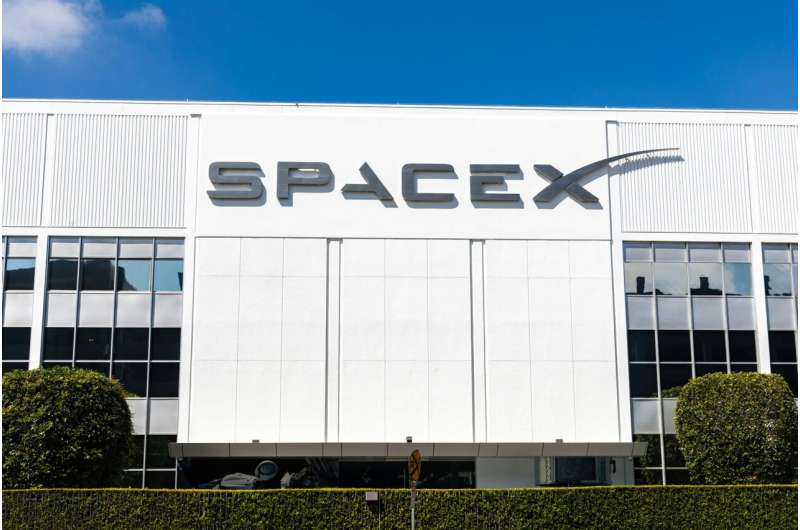
Elon Musk recently announced that he was relocating the companies SpaceX and X (formerly Twitter) from their current headquarters in California to Texas. The news has placed a spotlight on the rise in big tech shifting its operations to the Lone Star state, with Austin emerging as a main hub.
Known as the "Silicon Hills" and the "Third Coast," there are 5,500 startups and tech companies just in the greater Austin area (Texas's state capital). The city is emerging as a strong competitor to Silicon Valley for workers, as Austin's blend of tech, art and unique culture has attracted many away from the more expensive San Francisco Bay Area.
Musk blamed a California bill banning schools from making it a requirement to alert parents if their child wishes to change pronouns or identify as transgender. But there may also be business reasons for the move.
According to critics, Musk may have calculated that he has gained all the benefits he is likely to obtain from the state of California, such as indirect subsidies for his electric car company, Tesla. He moved Tesla's headquarters to Austin in 2021, and has exchanged his residence in California for one in Texas.
Shifting landscape
The decision to relocate a company is usually influenced by a combination of internal and external factors—of which one key factor is the need to respond to the demands and expectations of owners and stakeholders such as clients, employees, shareholders and financial markets.
These groups, who all have a stake in a company's success, can exert pressure on an organization to align with their interests and preferences—including on where it should be based.
The impact of headquarters relocation on a firm's performance is a crucial consideration for leaders contemplating moves. One study found that relocating headquarters led to little improvement in operating performance. But it also documented stock market reactions (both positive and negative) to relocations. A positive reaction was found if the announced reason was attributed to cost savings, while a negative reaction was often found if the relocation was seen to be motivated by management self-interest.
There's also a lot of psychology involved in headquarters relocations. Companies seeking to relocate often have to build a case internally for the perceived legitimacy of the move, as such big decisions are likely to be controversial. "Push" factors like high taxes and employment rates, as well as "pull" factors such as central locations and lower taxes, will all affect the likelihood of successfully relocating a corporate headquarters.
This article is republished from The Conversation under a Creative Commons license. Read the original article.![]()
Citation: Elon Musk is moving X and SpaceX to Texas—the impact on staff culture and performance is likely to be big (2024, August 20) retrieved 20 August 2024 from https://techxplore.com/news/2024-08-elon-musk-spacex-texas-impact.html
This document is subject to copyright. Apart from any fair dealing for the purpose of private study or research, no part may be reproduced without the written permission. The content is provided for information purposes only.
